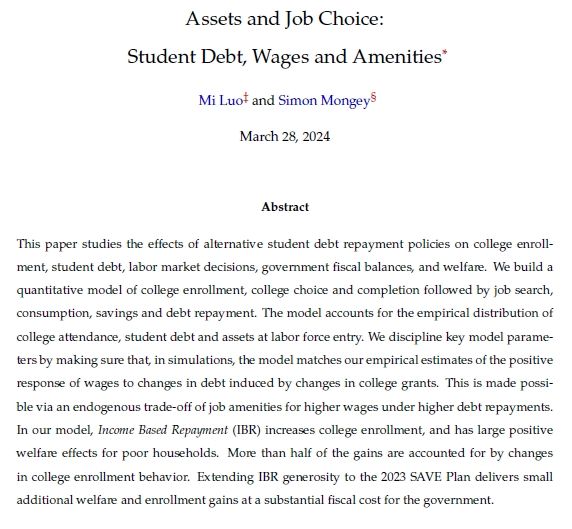Claude is wrong, saying we have more exposure to short-term vol, with gamma hedged that approximate it well.


Claude is wrong, saying we have more exposure to short-term vol, with gamma hedged that approximate it well.
We also want to decompose vol with an Ornstein-uhlenbeck to short-term vol and long-term, aka clean, vol.
The 2Y options have too much short-term vol so we could sell 1Y and buy even more 2Y.




We also want to decompose vol with an Ornstein-uhlenbeck to short-term vol and long-term, aka clean, vol.
The 2Y options have too much short-term vol so we could sell 1Y and buy even more 2Y.




I focus on vega and volga because those are the reasons you "should want" this high strike/longer dated structure.
Claude is confused, you are owning gaps w/ shorter and lose on drift.



I focus on vega and volga because those are the reasons you "should want" this high strike/longer dated structure.
Claude is confused, you are owning gaps w/ shorter and lose on drift.
If we had higher strikes we would probably target them, but you'd probably just buy more vega, ie buy ~1.5x more options than you would in longer dated case, and then sell the stock to reduce the delta...

If we had higher strikes we would probably target them, but you'd probably just buy more vega, ie buy ~1.5x more options than you would in longer dated case, and then sell the stock to reduce the delta...
We can probably get close to that with our 2 year/2p strike *assuming it lists new strikes often*

We can probably get close to that with our 2 year/2p strike *assuming it lists new strikes often*

www.nber.org/papers/w30138
At a macro-level, country GDP explains nearly all poverty reduction in time series and cross section.


www.nber.org/papers/w30138
At a macro-level, country GDP explains nearly all poverty reduction in time series and cross section.
Main table coefs of interest in main specification are not as significant as simpler coefs. I'd be interested in how covid data affects result

Main table coefs of interest in main specification are not as significant as simpler coefs. I'd be interested in how covid data affects result
I think the full text below is all notable.


I think the full text below is all notable.
No one accuses Japan of too many immigrants. They do worry about an aging population. Many of your worries are probably aging pop -> migration and aging pop -> nimby + fiscal etc

No one accuses Japan of too many immigrants. They do worry about an aging population. Many of your worries are probably aging pop -> migration and aging pop -> nimby + fiscal etc
There are a *lot* of people outside the UK so improving those institutions is very important.
www.cato.org/publications...

There are a *lot* of people outside the UK so improving those institutions is very important.
www.cato.org/publications...
www.charnysh.net/research.html


www.charnysh.net/research.html
This is completely fallacious to the point I call negligence!
All modern immigration studies consider multiple dimensions to determine a skill cell and evaluate multiple margins.
Ryan is thoughtful in his reply, as he is in his work.

This is completely fallacious to the point I call negligence!
All modern immigration studies consider multiple dimensions to determine a skill cell and evaluate multiple margins.
Ryan is thoughtful in his reply, as he is in his work.

Migration is very expensive. We should have a financial product that matches the high-risk high-reward aspect to mitigate budget constraints.
open.substack.com/pub/flavorye...

Migration is very expensive. We should have a financial product that matches the high-risk high-reward aspect to mitigate budget constraints.
open.substack.com/pub/flavorye...
Superheroes!
Meanwhile, I'm getting rekt potty training this weekend...
x.com/alexolegimas...

Superheroes!
Meanwhile, I'm getting rekt potty training this weekend...
x.com/alexolegimas...
This model captures the effect! It's great.
x.com/serdarozkanE...

This model captures the effect! It's great.
x.com/serdarozkanE...

Bureaucratic work is required to achieve these gains, but this is great!
x.com/Simon_Mongey...

Bureaucratic work is required to achieve these gains, but this is great!
x.com/Simon_Mongey...






